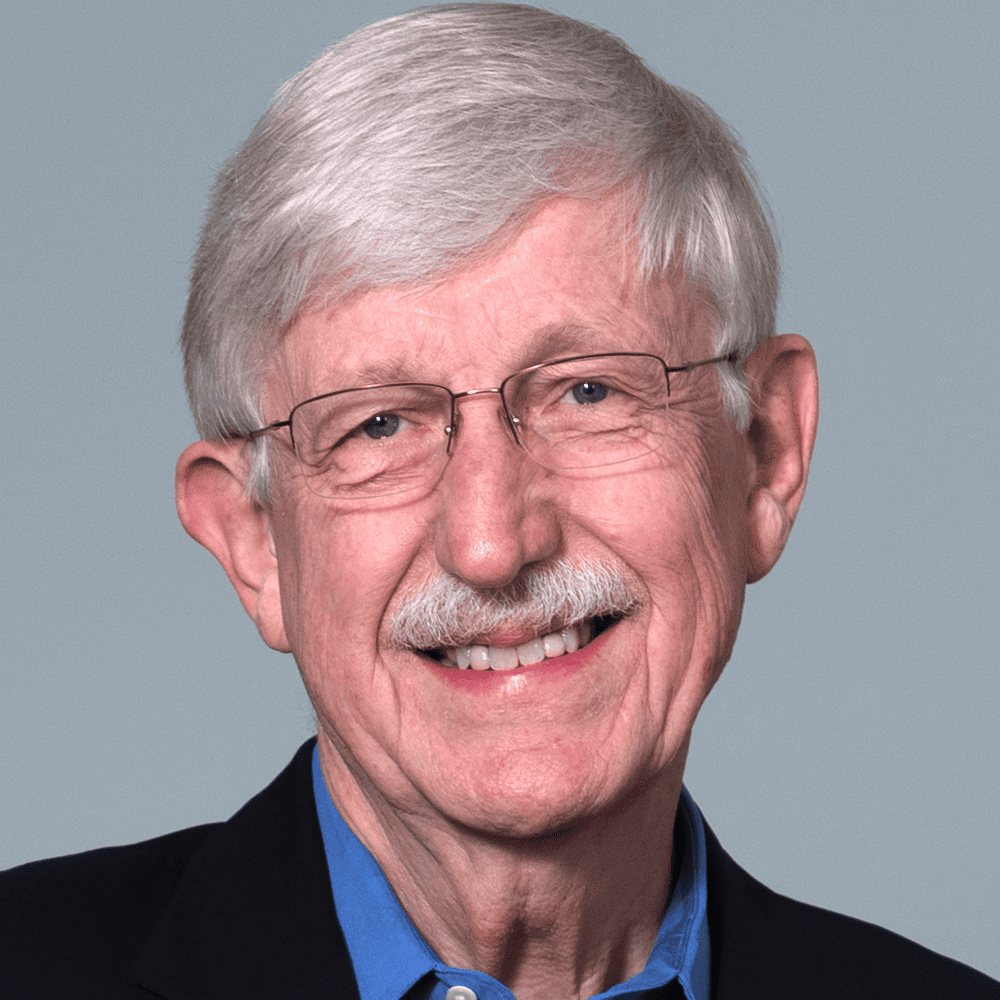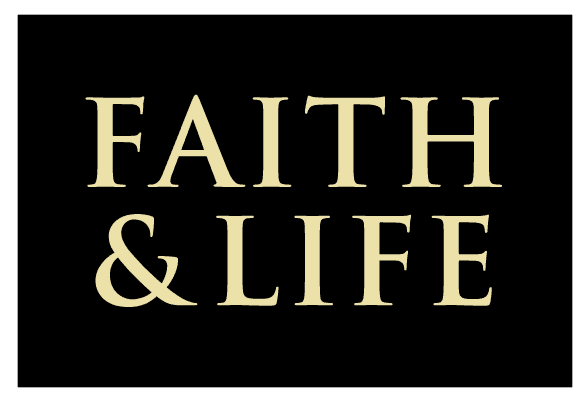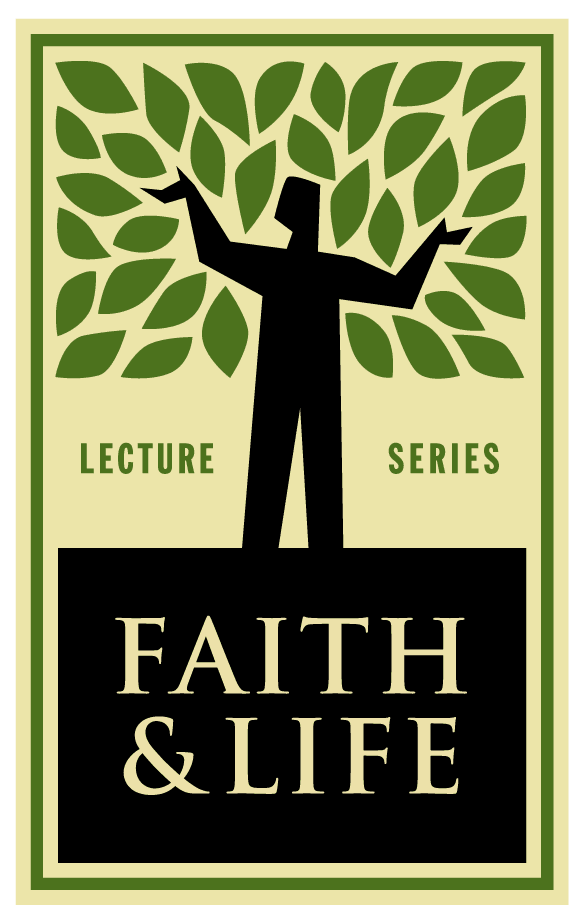Our Speakers

April 16 2026, 7:00 PM
Francis Collins
St. Philip the Deacon
Faith & Science: Allies, Not Enemies
Francis Collins is an American physician-scientist who discovered the genes associated with a number of diseases and led the Human Genome Project. He served for 32 years at the National Institutes of Health (NIH), and as director from 2009 to 2021.
Before being appointed director of the NIH, Collins led the Human Genome Project and other genomics research initiatives as director of the National Human Genome Research Institute (NHGRI), one of the 27 institutes and centers at NIH. Before joining NHGRI, he earned a reputation as a gene hunter at the University of Michigan. He has been elected to the Institute of Medicine and the National Academy of Sciences, and has received the Presidential Medal of Freedom and the National Medal of Science.
Collins has written books on science, medicine, and religion, including the New York Times bestseller The Language of God: A Scientist Presents Evidence for Belief (2007). After leaving the directorship of NHGRI and before becoming director of the NIH, he founded and served as president of The BioLogos Foundation, which promotes discourse on the relationship between science and religion and advocates the perspective that belief in Christianity can be reconciled with acceptance of evolution and science, especially through the theistic evolution idea that the Creator brought about his plan through the processes of evolution. In 2009, Pope Benedict XVI appointed Collins to the Pontifical Academy of Sciences.
Collins most recent book is The Road to Wisdom: On Truth, Science, Faith, and Trust (2024). In this book, Collins writes about how the divisiveness in the country, driven largely by our politics, is warping our thinking, driven by false information that fuels hatred and mistrust. He believes, though, that all is not lost. His new book, The Road to Wisdom, is his blueprint for finding common ground. He joins us to describe how valuing truth, science, faith and trust are not incompatible and why wisdom involves experience, common sense, insight and morality.
As the COVID-19 pandemic revealed, we have become not just a hyper-partisan society but also a deeply cynical one, distrustful of traditional sources of knowledge and wisdom. Skepticism about vaccines led to the needless deaths of at least 230,000 Americans. “Do your own research” is now a rallying cry in many online rabbit holes. Yet experts can make mistakes, and institutions can lose their moral compass. So how can we navigate through all this?


